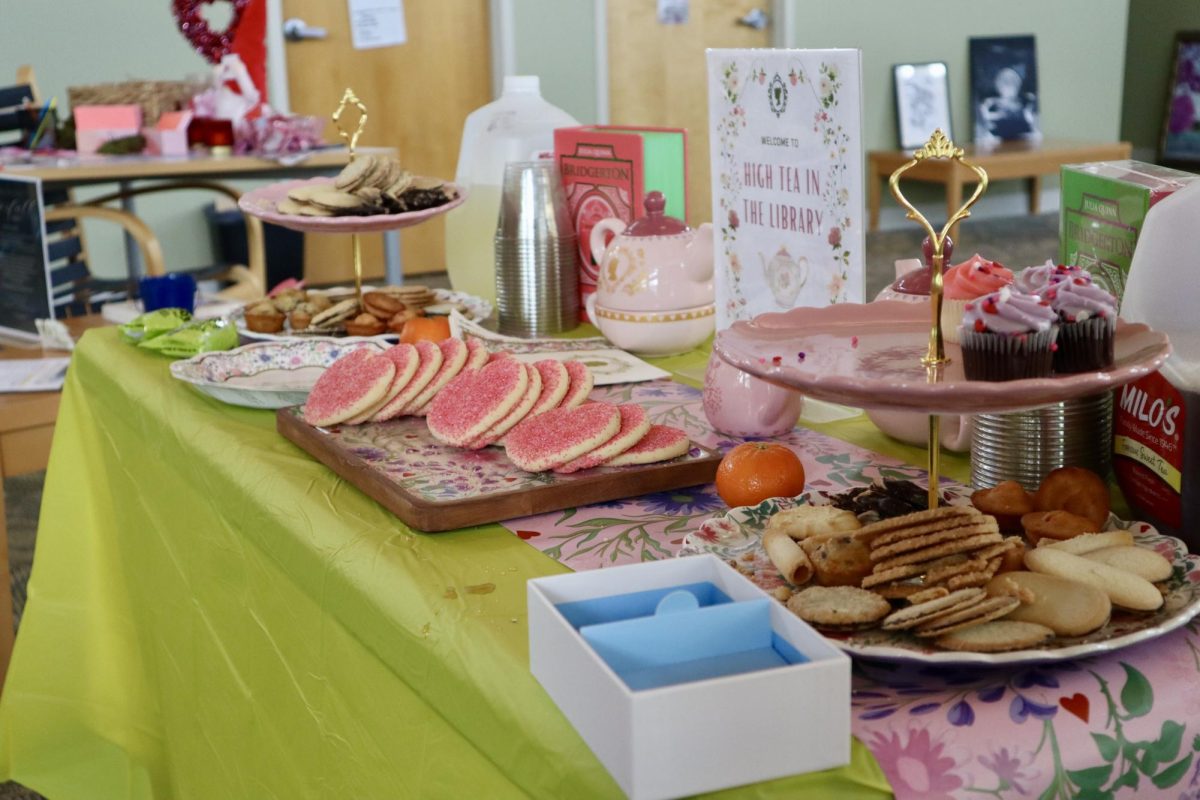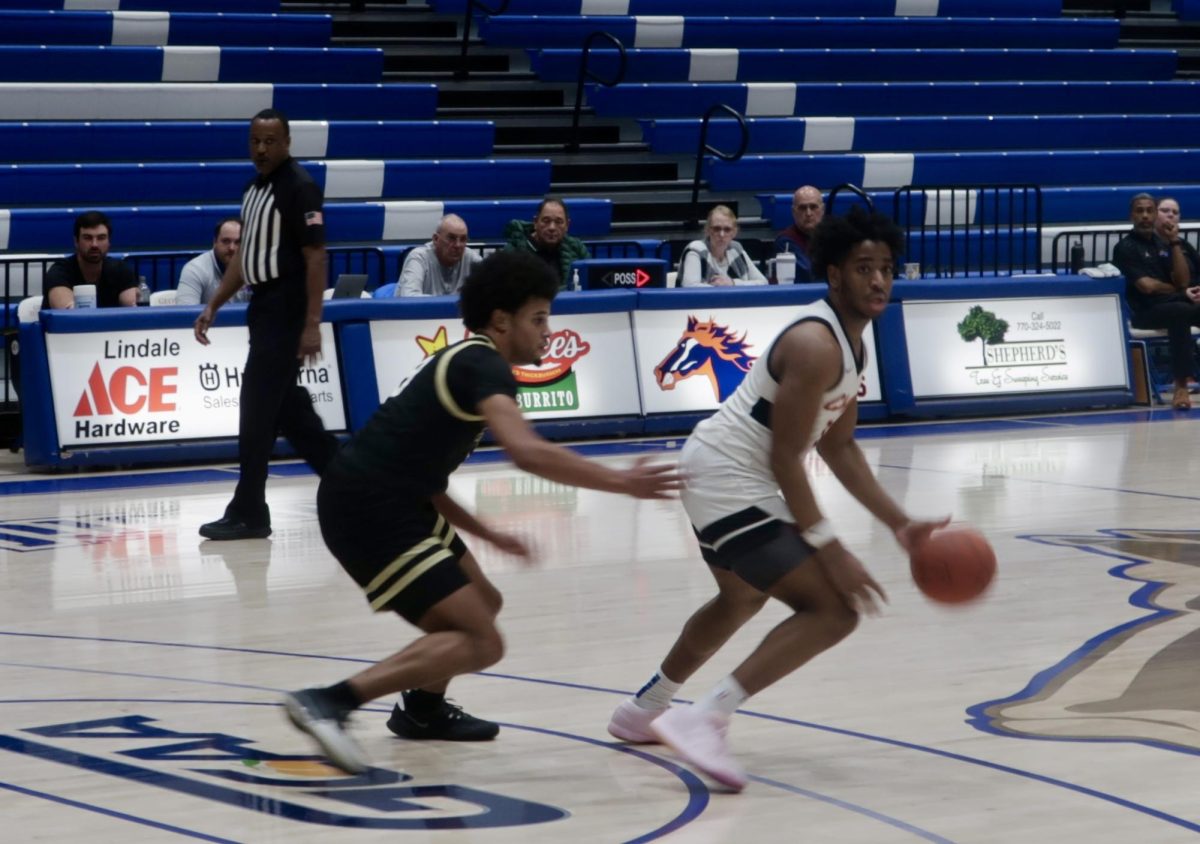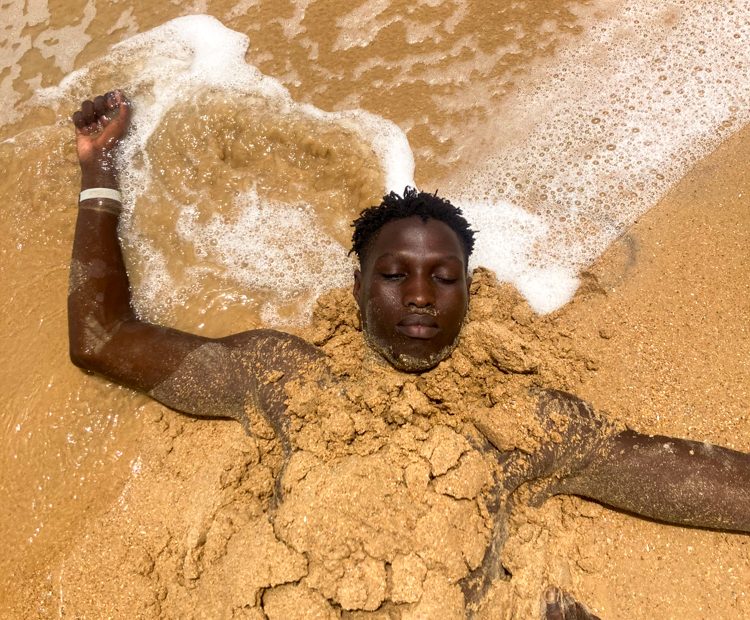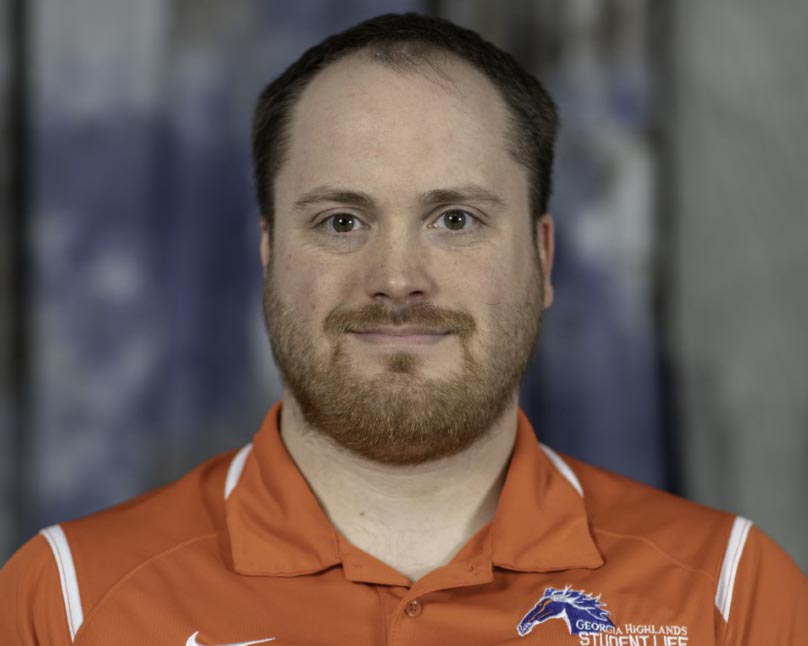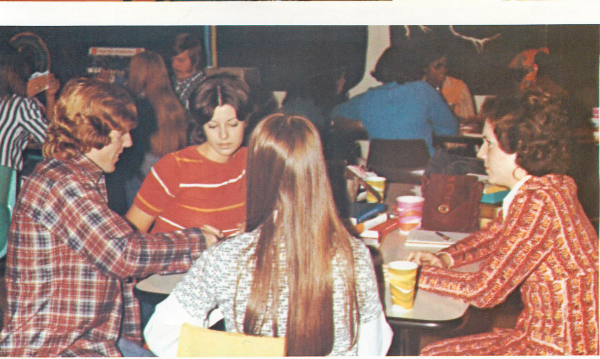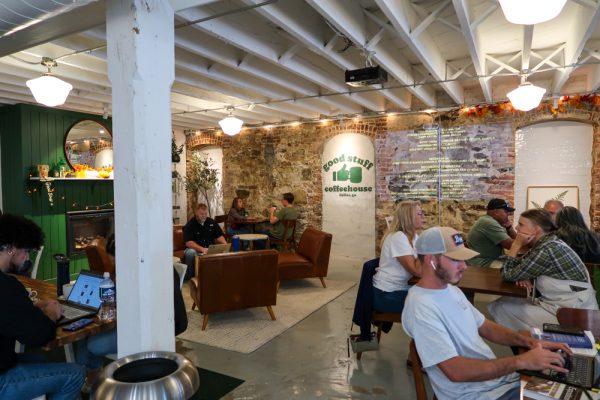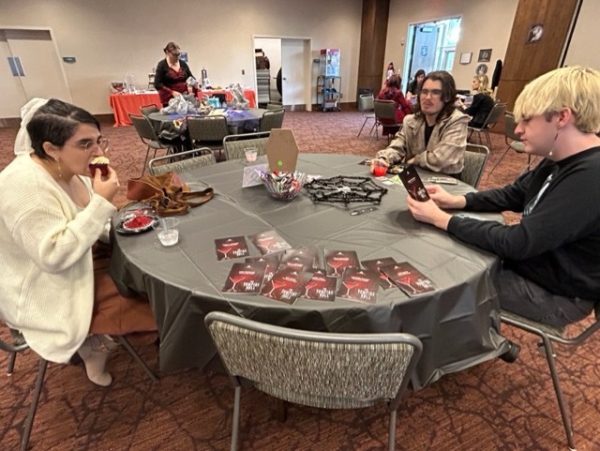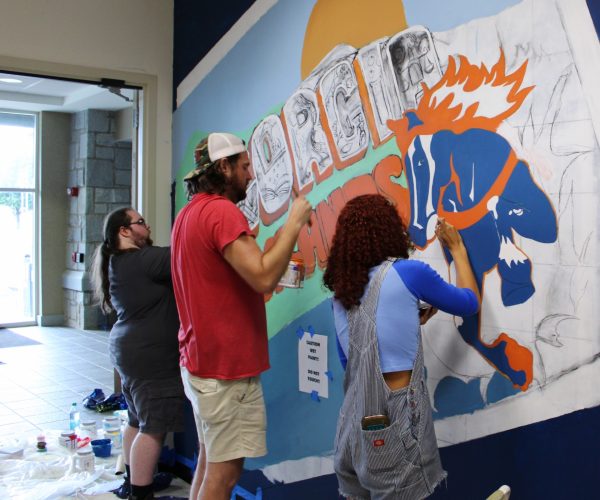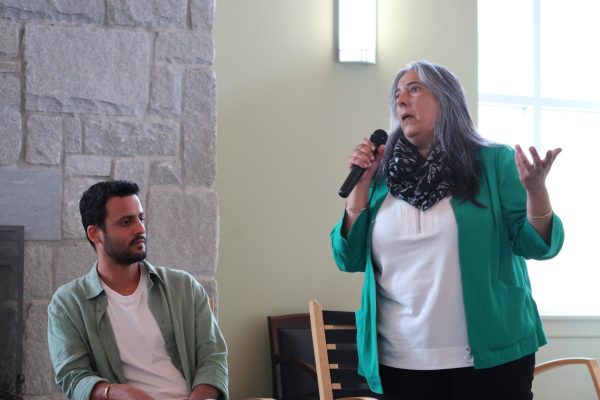Behind the emails: Who is Clifton Puckett?
If you’re like me, you have often been bombarded with emails on your GHC account from someone named Clifton Puckett. Puckett is known to faculty as the Co-curricular and Transitions Programs Coordinator, where he oversees the planning of student programming. However, many students have wondered who this man is and why he is telling us about events on campus? I reached out to learn more about the man behind the emails.
SMP: How long have you been at GHC?
Puckett: This is my eleventh year at GHC. I started out as a part-time intramural assistant, then I was a Recruiter for a year, an Enrollment Management Specialist for a couple of years, then the Student Center Director and Student Life Coordinator at Cartersville for six to seven years before settling into my current role last year.
SMP: Why did you choose this position?
Puckett: In my opinion, I’m working with one of the most important aspects of a student’s experience at college, especially regarding retention. Two things keep a student in college- their experiences and their success. If I can enhance their experience at GHC and do so in a way that helps them succeed here, I’ve made an impact on the student and on the school as a whole. And the orientation aspect of my job, I’m one of the first staff members they interact with when they come to campus. We have an early connection, and it’s important for the student to have someone they feel they can go to for everything. All throughout the year I get emails from students asking me questions about classes, financial aid or anything else.
SMP: Can you explain more about what you do regarding student life?
Puckett: I develop programming that tries to ground itself more in an academic and cultural setting. So rather than just bring in musicians or comedians or things like that, we try to do presenters that students can enjoy and learn from. Last year we brought in Andrew Aydin to talk about writing “March.” Just recently we had Lisa Jakub discussing mental health, and coming up in November, a Native American speaker.
We also try to raise awareness on issues that go under the radar, like Orange Shirt Day, and bring more focus to aspects of culture that tend to get stereotyped, which is why we have Dr. Ocasio and “Coco” this month. And “Coco” is a good example of an event that’s fun, a callback to the old Student Life days, but there’s also an immense learning opportunity in it through its depiction of Mexican tradition. Our Constitution Day game shows were another example of fun events that bring learning in, something we’ll revisit during African-American and Women’s History Month.
SMP: What’s the hardest and easiest part of your career?
Puckett: Pre-COVID, the hardest part was keeping up with both what students were interested in at the time, and how to communicate with them in terms of promoting events. Email is the easiest, but we’ve had to adapt and turn to Instagram and Snapchat; something the Six Mile Post is doing very well is pivoting many avenues to podcasts, which are very popular now. The flip side to that, at a school like GHC, is that we also have a significant percentage of students who are non-traditional, and email and word-of-mouth is better for them. So we have to keep our feet in both worlds.
With COVID, the hardest part now is keeping our feet in both the virtual world and the on-campus world. I think we’ve found a good way with our hybrid events in meeting the needs of both the virtual student and the on-campus one[s], but we’ll also keep monitoring it and see what tweaks to make. Pre-COVID, our virtual students were left out, but through necessity they’ve been engaged more, which is a very good thing. The easiest part for me is engaging with students. I love talking to and interacting with students, and they seem to connect to me as well. I always keep my door open because I believe part of my job is being available to students, so I want them to feel like they’re welcomed into my office for anything they need.
SMP: Do you like working at a community college as opposed to a bigger college?
Puckett: It’s much easier to work at a bigger college, but it’s much more rewarding being at one like GHC. At my previous school, running and promoting events was easy. Over 95% of the students lived on campus . . . Here it’s more difficult, we have to be more creative, and that took me some time getting used to, but I’m also impacting more lives here. At my previous school, many of those students could afford to not do as well or miss a class or two and be fine. At GHC that’s very much not the case. Every little bit we can offer can go a long way in impacting our students’ success. And for many of our students, a college degree is their ticket to a completely different life. There’s a lot of pressure in that, but there’s also so much more reward. I get invited to graduations every year from former students and student workers, and it means a lot to me to know that I meant that much to them and had that kind of impact on their life.
SMP: Do you have any favorite events you organized while working at GHC?
Puckett: A few years ago I did an event called “Week of Love,” in which we focused on how we treat others. We had mental health speakers, an anti-bullying event and other programming. It’s something I’m actually thinking about bringing back in the spring. I also enjoy many of the field trips and leadership conferences, and one thing I don’t organize but help out with is the Highlands Writers Conference.
SMP: How do you keep student life here interesting and fun?
Puckett: It’s a challenge, that’s for sure. But the most important thing I have to do is stay flexible, creative and open-minded. And I can’t be afraid to change preconceived notions or things we used to do in the past. A lot of that was forced because of COVID, but it is important going forward to keep that adaptability going. And we just have to keep our finger on the pulse of the student body and get a sense of where their interests lie.





